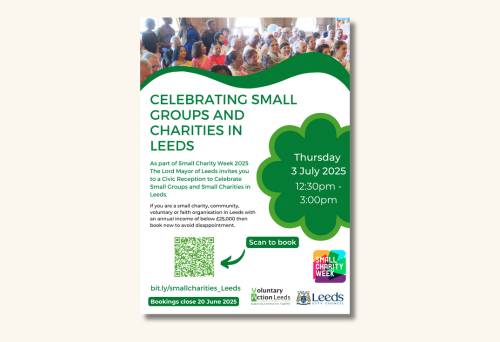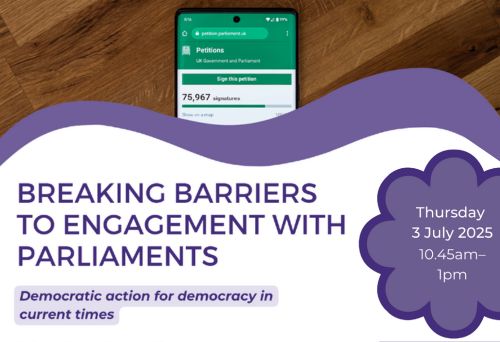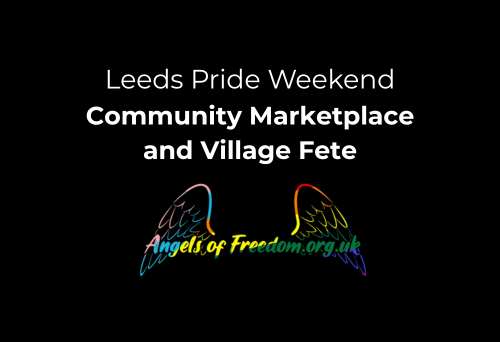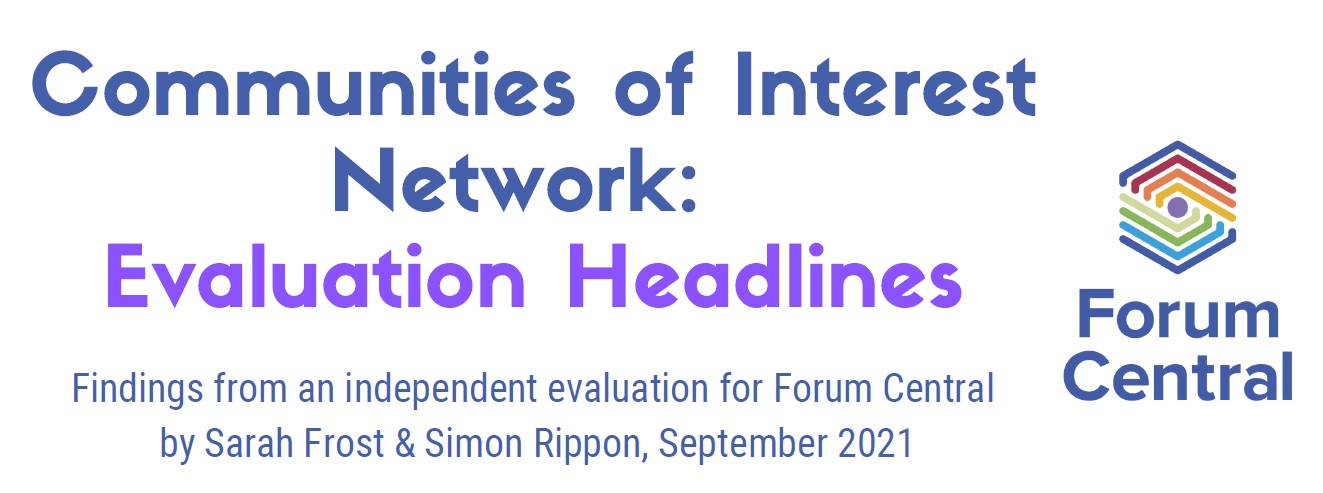About Communities of Interest
The Communities of Interest Network (COIN) aims to highlight and address the needs and challenges faced by groups and communities which experience the greatest inequalities, with a focus on health and wellbeing. COIN does this by promoting two-way communication and collaborative working between the Public Sector and Third Sector organisations that represent these communities.
The network was started in March 2020, in response to the impact of Covid on communities already facing inequalities, to support, inform and empower front line organisations working with Communities of Interest. It has subsequently broadened its remit to health inequalities in general.
The network connects members and shares information, ideas and resources, as well as providing feedback to NHS and local authority partners, which in turn shapes the communications, funding and focus of work across the health and care system in Leeds.
A key focus of the network is to understand and raise awareness of the importance of intersectionality, where people’s overlapping social identities may mean they experience multiple disadvantage or discrimination.
COIN compliments the specialist networks within and external to Forum Central, including: Leeds Older People’s Forum; The Mental Health Network; The Learning Disability Network; The Physical and Sensory Impairment Network; Young Lives Leeds; Community Anchor Network and The Culturally Diverse Hub, supported by Voluntary Action Leeds.
The network was evaluated in September 2021, and you can read the full report here. To read an overview of the key findings from the evaluation, click here.
What do we mean by ‘Communities of Interest’?
‘Communities of Interest’ are groups of people who share an identity, for example people with a learning disability, or those who share an experience, for example the homeless community. We have initially identified the following communities of interest who experience additional barriers to communication and we will continue to identify additional groups.
| Community of Interest |
|---|
| Care leavers |
| Gypsy and Traveller people |
| Homeless people |
| LGBTQ+ people |
| Men’s health |
| Older people |
| People from Black Asian and Minority Communities including Roma people |
| People leaving prison |
| People living in poverty |
| People who are digitally excluded |
| People who experience domestic violence |
| People who misuse drugs or alcohol |
| People with autism or a learning disability |
| People with a physical or sensory impairment |
| People with long term conditions |
| People with mental health issues |
| People with mobility issues |
| Refugees, Asylum Seekers, Migrant Communities |
| Sex Workers |
| Single parents |
| The Faith Sector |
| Unpaid carers |
| Women and maternity |
| Young people |
Bulletin updates
Regular bulletin updates are shared with the Communities of Interest Network. The updates include the latest news and information in relation to health inequalities and resources for organisations to use and share with the people and communities they work with.
The bulletins are available to view and download below.
Meeting notes, recordings and flashcards
The network meets regularly to share issues being witnessed, which stem from health inequalities, and discuss how we can best equip organisations to support those within their communities.
Audio recordings of the sessions are linked to below, where you’ll also find the notes and flashcards produced following the sessions.
2023 Bulletins
Previous Meeting Notes and Recordings
The next meeting will be taking place on Tuesday 16 July – 10:30am – 12pm. Please email [email protected] if you would like to be invited to the meeting, or if you would like meeting notes from prior meetings.
Other meeting dates are:
- Thursday 24 October – 2:00pm – 3:30pm
2024 Meetings
2023 Meetings
Other useful resources:
More information about the Communities of Interest Network
Organisations in the network are asked to:
- Be a source of specialist advice, guidance, signposting and communication for others in the system.
- Disseminate information to the people from their Community of Interest and partners, through emails, social media and phone calls.
- Feed information through us about health inequalities, so we can keep the city networks informed and can appropriately support and respond to need.
- Let us know of practical or financial support we can offer to Communities of Interest.
Feeding in to key decision makers
In partnership with Healthwatch, we are gathering insight into the experiences, concerns and barriers to health and care for Communities of Interest, as well as examples of resilience from communities and organisations. We are also raising very practical issues, like accessible formats of information, clear health messaging and digital connectivity.
People’s Voices Partnership (PVP)
The Communities of Interest Network is part of the PVP, which brings together involvement leads from across the Leeds health and care system to ensure that hearing people’s voices is integral at all levels of health and care decision making. The key aim of the PVP is to start with people, design with people, work with people and evaluate with people.
Aligned to the core aims of COIN, one of the key elements of the PVP is to make sure that the voice of inequalities is central. The PVP recognises that traditional involvement mechanisms often do not hear this key voice, and it is only by communities being central to decision making that inequalities will change. The PVP sees that the Communities of Interest Network has the potential to be a highly effective mechanism to see this happen.
One example of this within Leeds was during Covid, when Healthwatch spoke with all the COI leads around what health and care decision making could do differently to address health inequalities. 10 themes were identified, one of which was that co-designing with people and communities was key to addressing health inequalities. This then fed into the Leeds Health Inequalities Toolkit and plan, endorsed by the Health and Wellbeing Board, around the key elements that the Leeds health and care system needs to do around addressing health inequalities.
The PVP leads on joint integrated people’s voice initiatives, such as the Big Leeds Chat and ‘How does it feel for me’ programme, which understands people’s experiences of joined-up health and care in Leeds.
Working with Leeds based poet Michelle Scally Clarke, Forum Central have produced a poem and film drawing on information collected through the Communities of Interest Network. The poem communicates the challenges experienced by Leeds’ people and communities during the pandemic, and also the incredible response of the VCSE.
The short film is available to watch and share with subtitles or without subtitles.




